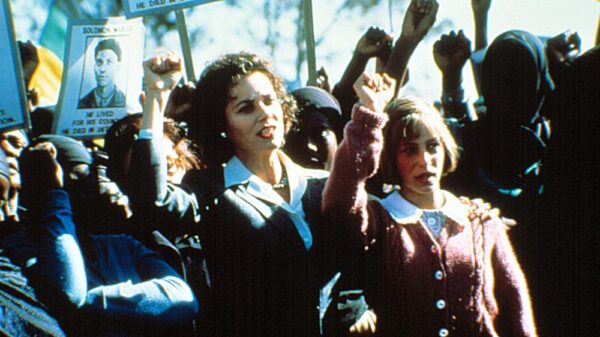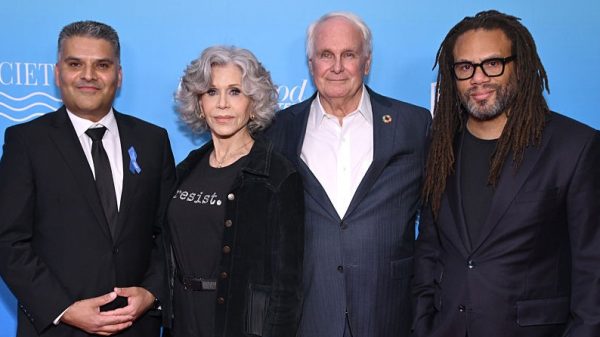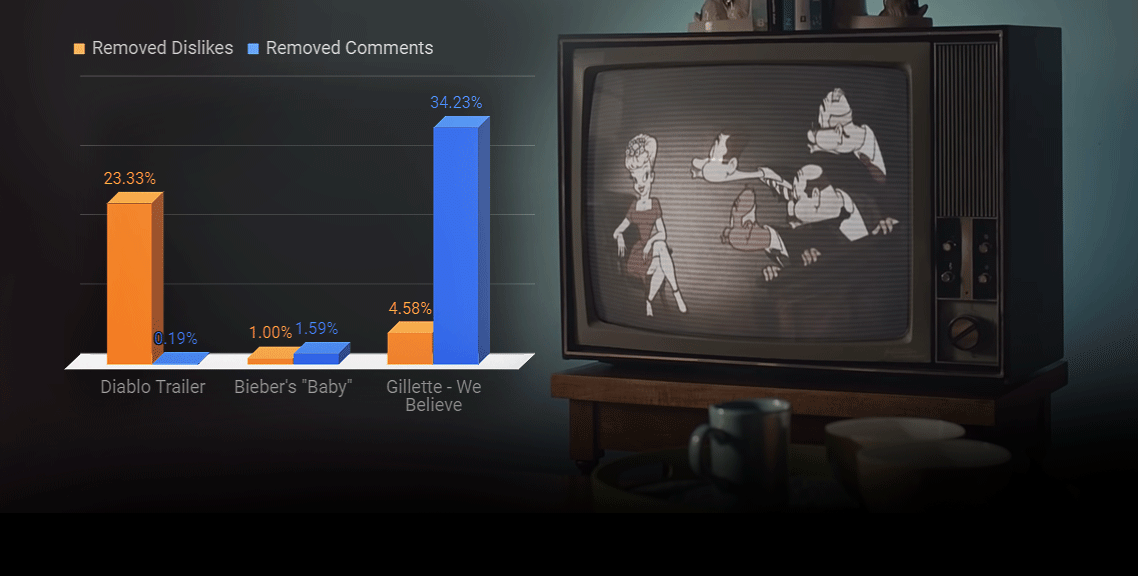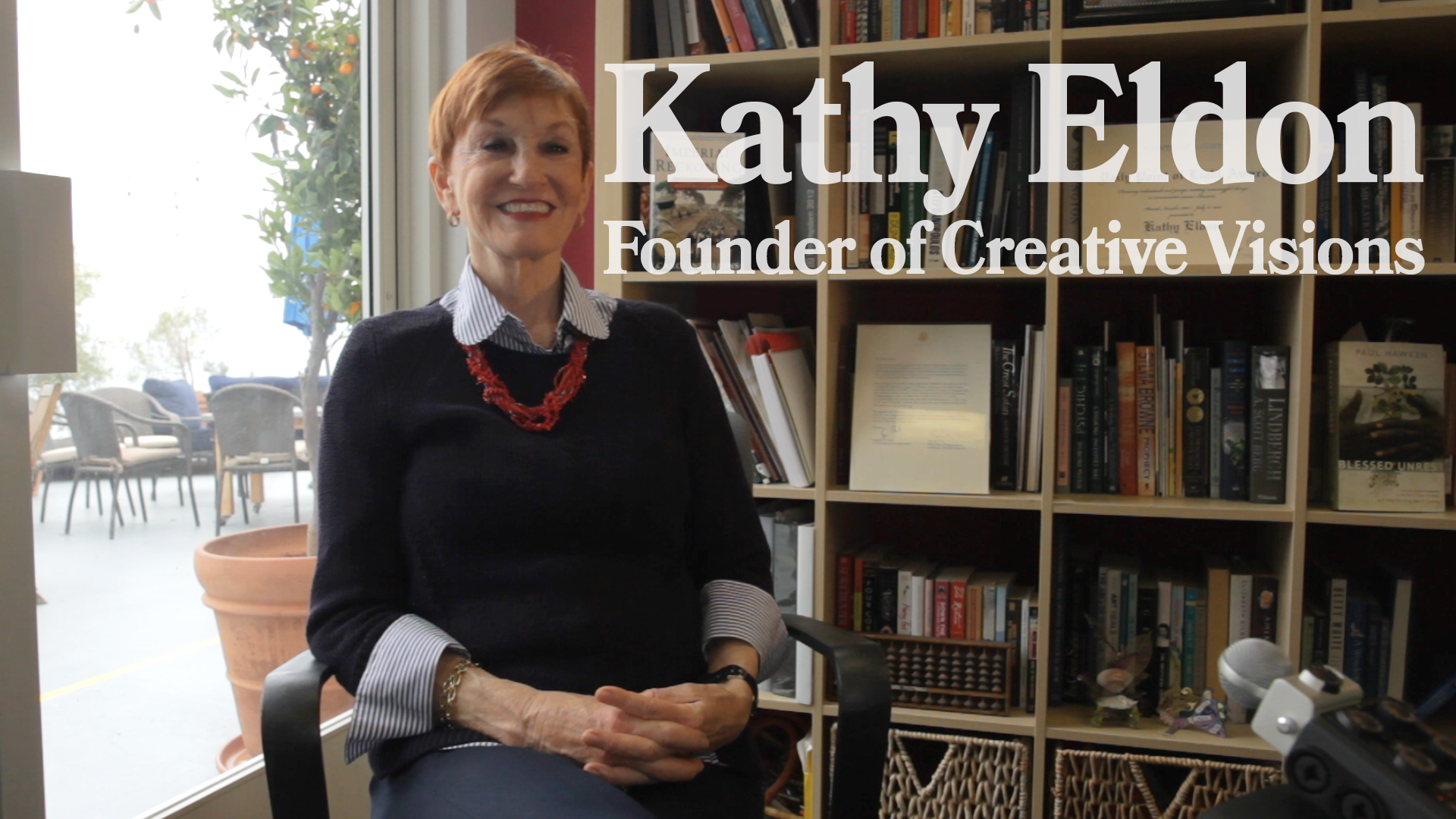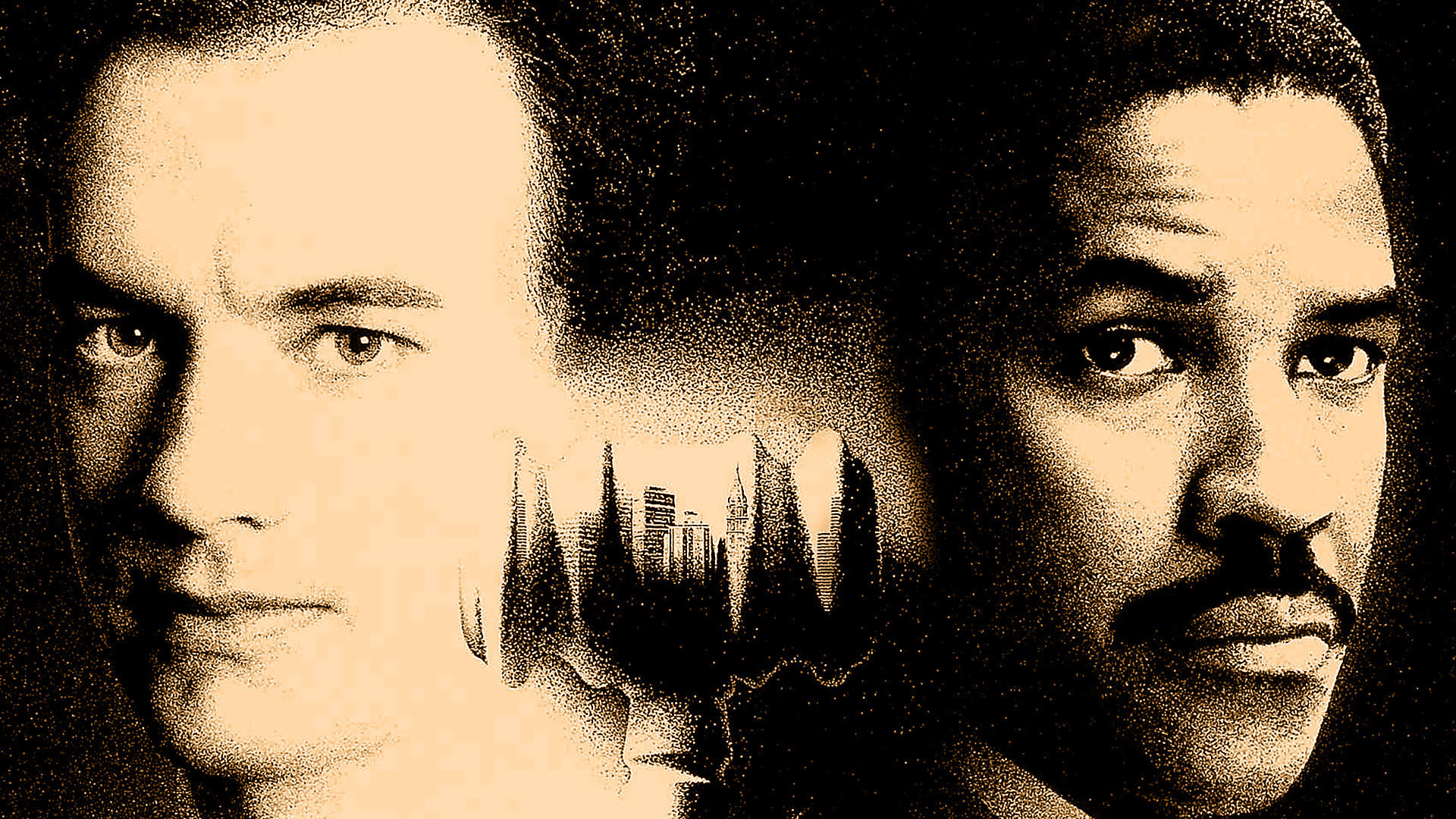Lars von Trier, the “enfant terrible” of contemporary cinema, has grown a reputation for putting his female protagonists in harms way. Half of von Trier’s films star female protagonists, each of which encounter personal trauma such as humiliation, murder, rape, mental illness and depression.
The charge of misogyny, and the start of von Trier being known as a provocateur, began with Breaking the Waves (1996) – which won Cannes’ Grand Prix and brought the Danish director’s work to a global audience – when von Trier appeared, to some, to revel in the pain his women characters faced. This outrage climaxed with Antichrist’s (2009) infamous scene of its female protagonist snipping off her own clitoris.
However, Dogville (2003) brought on the shift in von Trier’s female protagonists – an Our Town-style allegory in which a tiny Colorado town agrees to hide Grace (Nicole Kidman) on the run from the mafia. First welcoming Grace but then eventually exploiting her dependent position the town slowly uses her as a scapegoat and slave – routinely raped and, after an escape attempt, then chained by the neck to a large iron wheel. Rather than continuing to labor under the increasingly foolhardy notion that the people of Dogville are goodhearted despite the way they persecute her, she seizes the opportunity to visit Old Testament-style retribution on them. As Judy Berman from Flavorwire so succinctly put it: “[Dogville is] a Pyrrhic victory, one that brings with it disturbing implications about group psychology and American culture, but it also marks the moment when von Trier’s heroines stopped being sacrificial lambs and started fighting their oppressors.”
Breaking the Waves (1996) was the first of von Trier’s Goldheart trilogy – inspired by the Danish fairy tale Golden Heart where a little girl ventures into the forest and gives away all her worldly possessions, down to the clothes on her back. The film’s protagonist Bess (Emily Watson), inspired by the Golden Heart children’s tale but taken to a much more dramatic degree, is driven to ‘sacrifice’ herself to save her quadriplegic husband. Within the story arc Bess’ new husband Jan (Stellan Skarsgård) becomes paralyzed by an oil rig accident – which both Bess and her God blame her for as Jan hangs between life and death. In between bouts of unconsciousness newlywed Bess is asked by Jan to engage in and then recount sexual relations with other men in order to keep him alive. The two subsequent films in von Trier’s Goldenheart trilogy – The Idiots (1998) and Dancer in the Dark (2000) – depict similar innocently made heroines offering themselves to save the people they love. Like Bess, Dancer in the Dark’s Selma meets with a tragic fate; in The Idiots, Karen’s (Bodil Jørgensen) suffering precedes her sacrifice.
Antichrist’s – the first installment in von Trier’s Depression trilogy – female protagonist, She (Charlotte Gainsbourg), embarks on a debilitating depression after her young son’s accidental death. She lashes out at both herself and her husband (Willem Dafoe) in the goriest possible way. The two subsequent films in the Depression trilogy also depict women with self-destructive impulses. Melancholia’s (2011) Justine (Kirsten Dunst), who tells her boss and (in subtler ways) new husband and family to go fuck themselves because she can’t keep swimming against the current of her brain chemistry – and of what she realizes about life on Earth – for their benefit; and finally, Joe (also played by Charlotte Gainsbourg) in Nymph()maniac remains stubbornly driven by her appetite for sex – which is really an appetite for transcendence, an uncompromising, essentially creative impulse that can be fed but never fully satisfied – despite its chaotic, destructive effects on her life and others’.
One can then trace the change in von Trier’s ladies first naïve, sacrificial lambs to fierce women who comprehend the futility of their martyrdom and chose to find transcendence on their own terms. However, some critics see this transcendence as fully operating within the ‘patricidal paradigm’ – a patriarchal culture in which males dominate – and that these female protagonists are still funding male power.
As Lindy West at Jezebel put it: “[Nymph()maniac] uses women’s bodies to create a spectacle… It’s counterproductive to disseminate the idea—for reasons not thoroughly justified—that hot teenage girls are roaming around train cars searching for penises to blow. Because what happens in real life is that teenage girls are roaming around train cars searching for safe seats to sit in so they can fucking get places without creepy dudes bothering them. There might be some artistic utility in flipping that truth, in exposing the emotional barrenness of that fantasy, but is it worth it? And is a male director the best person to do that job? And are naked, sexualized female bodies the most responsible tool to use?”
Alyda Faber from the Atlantic School of Theology argues: “Bess changes the object of her devotion from Word to flesh, but the terms of her devotion, and its funding of male power, does not change at all.” And Batya Ungar-Sargon from Tablet Magazine: “[T]o cast Joe’s appetite for sex, which is clearly explained by the film as an attempt to dull pain and recover self-esteem, as a search for transcendence… is to accept the film’s terms that a woman trying to please men sexually is the only form of transcendence open to women.”
I find that von Trier presents a woman as Judy Berman of Flavorwire does “a distinct, fully realized human being, defined not by her gender but by her intelligence and suffering.” And as Jessica Winter from Slate put it von Trier “couldn’t give an actress a standard ‘wife’ or ‘girlfriend’ role is his life depended on it.”
Von Trier makes no attempt to hide how strongly he identifies with his fully realized heroines – especially the recent ones. “My technique is that I divide my personality into the characters that I write, and then very early on they get a life of their own,” he told the New York Times. As Uma Thurman said in an interview with the Daily Beast: “[von Trier] is a very provocative filmmaker, but he writes women with more depth and respect and complexity than most writers,” she says. “The idea that people debate whether he’s a misogynist? People should debate whether people who don’t even write women are misogynist. The fact is, he’s dedicated a large portion of his artistic life to the exploration of the female psyche—good and bad, light and dark, shadows, textures. The fact that he’s dedicated a huge part of his talents to that, to me, defies the concept that he doesn’t have respect, interest, and genuine compassion in women. People should question writers that don’t even give a damn about a female character. They are the misogynists.”
In this sense, while von Trier’s work may not encompass an obviously feminist agenda, it might be said to present a radical space for thinking about how female characters are represented within contemporary works of film, and thus constitute a radical artistic endeavor. I believe that the dynamism presented in his leading ladies’ characters, as well as his identification with women and his heroines, proves von Trier to be a unique artist presenting us with a radical space for fully realized female protagonists. So, in all this discussions of von Trier’s possible misogynistic intents – whether you find his films to be terribly upsetting or positively fascinating – it is important to see and appreciate how complex these female characters are, even if there complexity comes from traumatic experiences.


